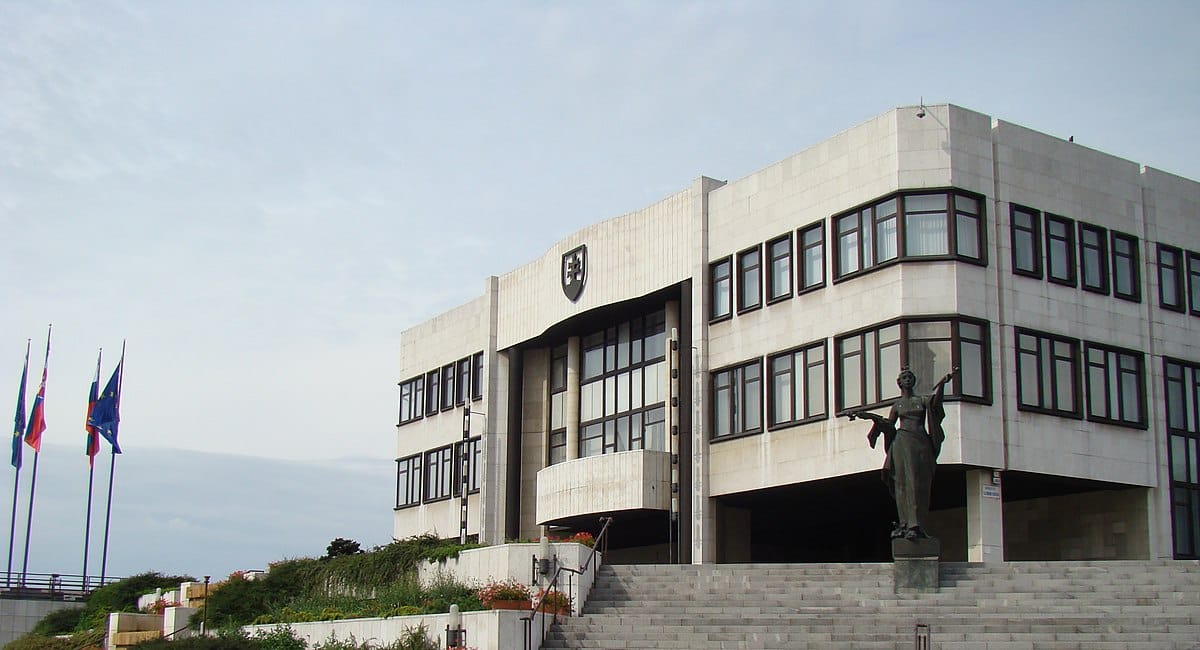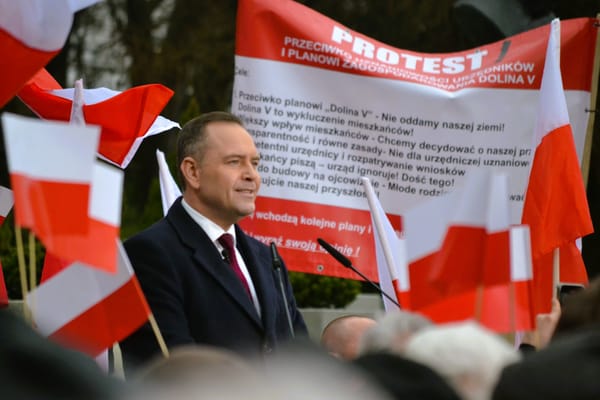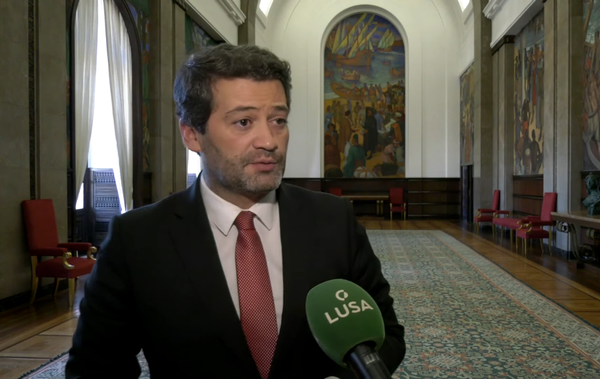Slovakia enshrines only two genders in new Constitutional amendment
In a bold move affirming traditional social and ethical values, Slovakia’s parliament has adopted a constitutional amendment that defines male and female as the only legally recognized sexes.

The change reflects a firm response to the pressures of radical gender ideology — and a clear assertion that the state will no longer cede control over core cultural questions to external forces.
What the amendment does
- The revised constitution now recognizes only two sexes, male and female.
- Matters of national identity, culture, and ethics are explicitly declared under Slovak sovereignty, even in relation to EU law.
- Adoption is now restricted almost exclusively to married couples.
- Parental consent is mandated for sexual education, and equal pay between men and women is constitutionally guaranteed.
The amendment passed narrowly, with 90 votes in favor in the 150-seat National Council — the minimum threshold required for constitutional change. Some conservative opposition lawmakers joined the ruling coalition to push it across the finish line.
Why this matters
This is not a mere legal technicality. The amendment marks a decisive reclaiming of sovereignty over cultural and moral matters — precisely where globalist frameworks and progressive ideology have long sought to intrude.
For years, activists have demanded expanding definitions of gender, weakening parental control over education, and loosening the bounds of adoption and family. The new constitutional text rebukes that agenda.
By enshrining binary sex, Slovakia signals that biology — not ideology — governs foundational human identity. By making national identity a higher constitutional domain, the state asserts that cultural integrity and shared values cannot be overridden by supranational mandates.
Criticism and risks
Unsurprisingly, human rights groups and international institutions have warned of serious consequences:
- Amnesty International decries the amendment as targeting LGBTQ+ and reproductive rights and conflicting with international obligations.
- The Council of Europe’s Venice Commission cautions about vague wording — terms like “national identity” and “cultural and ethical issues” may allow arbitrary or discriminatory application.
- Critics argue the move may strain Slovakia’s standing within the EU and its commitments under human rights treaties.
These objections are predictable. But ultimately, the state must protect its people’s values, not bow to external pressure or ideological experiments.
A turning point for the region
Slovakia joins a growing wave of Central and Eastern European nations pushing back against cultural liberalism. Under Prime Minister Robert Fico, the government justifies the amendment as a “constitutional dam” against progressive encroachment.
This moment offers a clear lesson: nations must recover their moral and legal foundations if they wish to survive the tidal wave of ideological transformation. When the culture falters, law is all that stands between order and drift.
Slovakia’s decision will be watched across Europe. Will other nations follow in reclaiming their ethical sovereignty? Or will they surrender ever more terrain to ideologues? The answer may define the balance of power in this next chapter of the continent’s cultural and political struggle.





